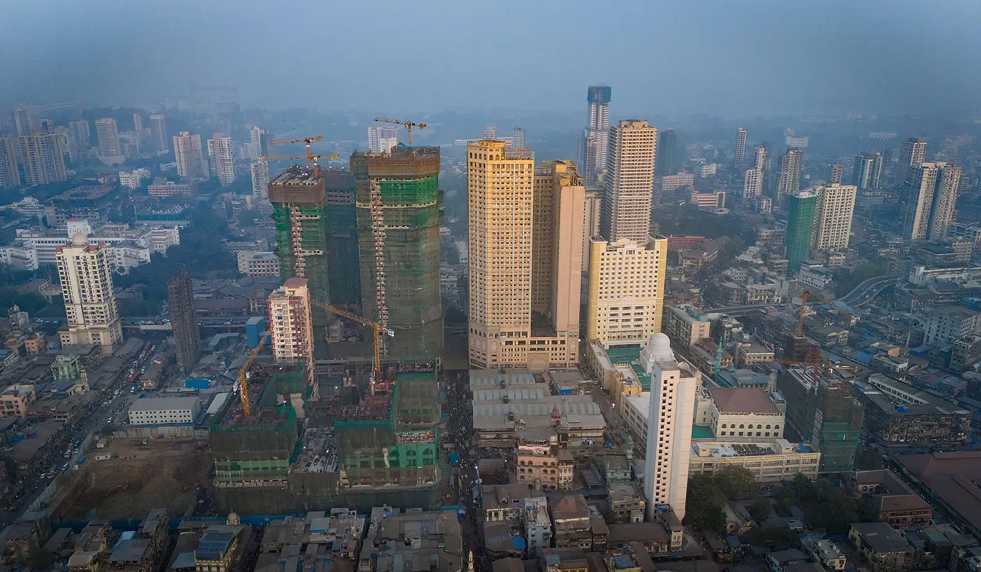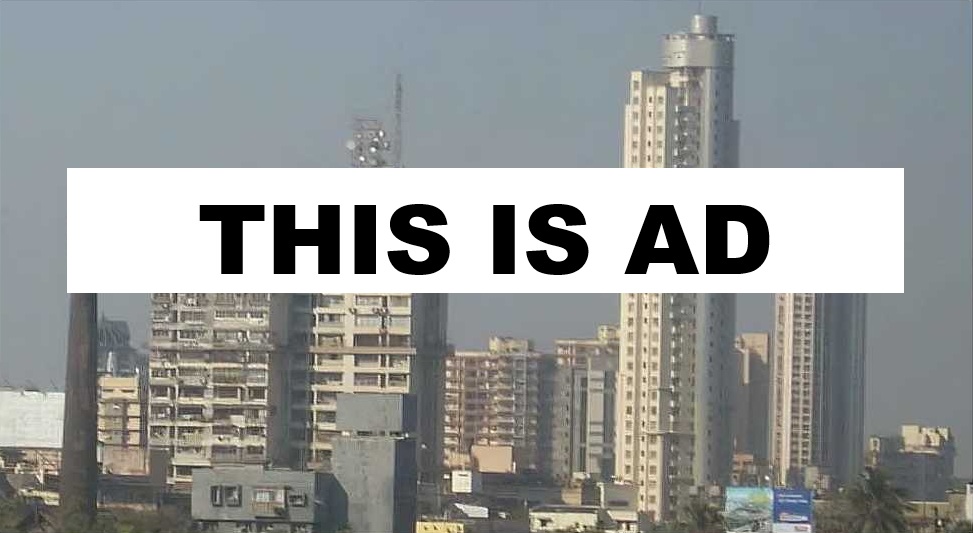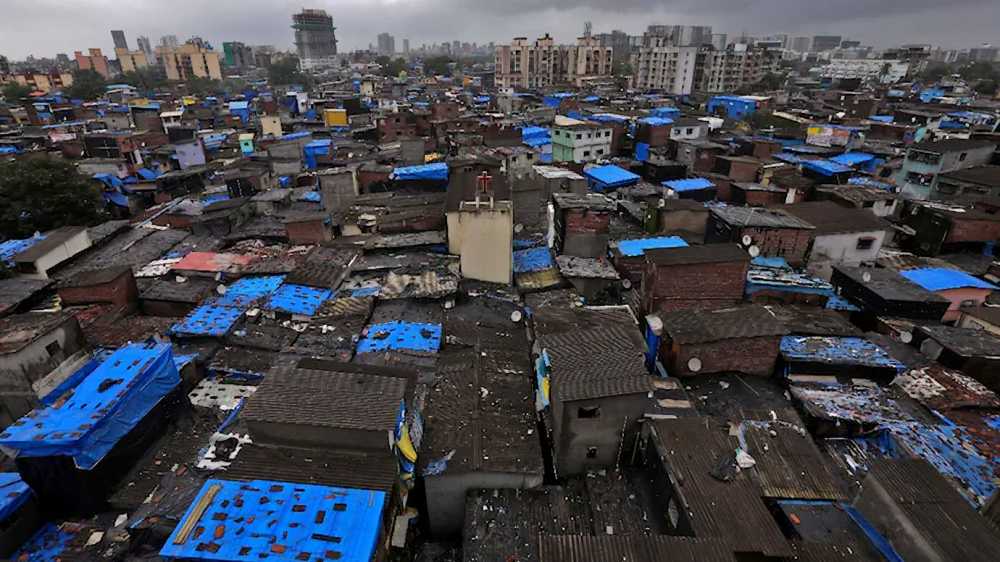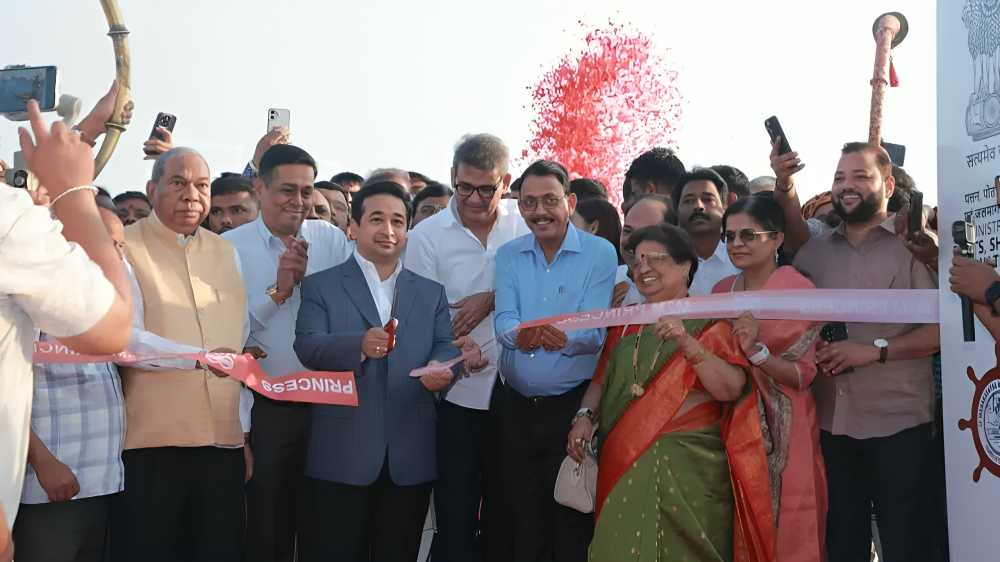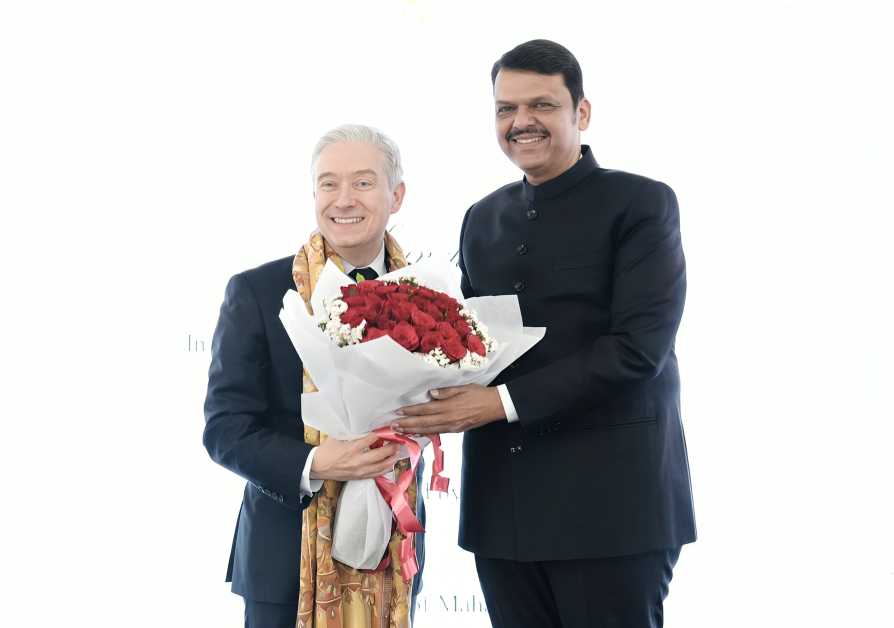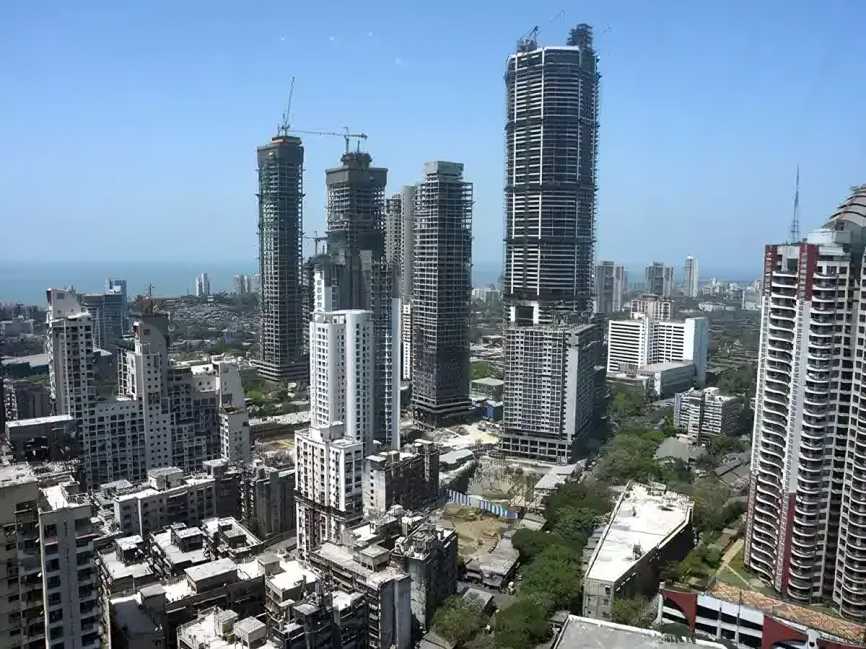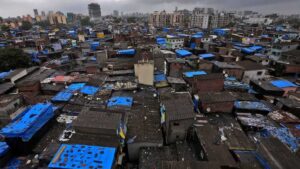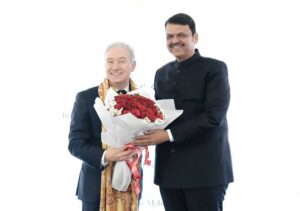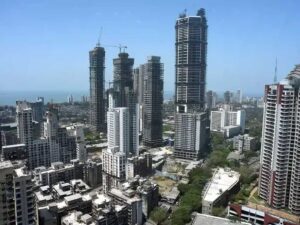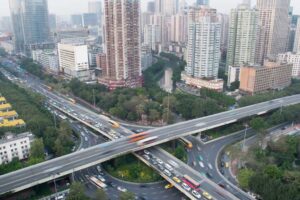August 6, 2025: Mumbai’s Bhendi Bazaar redevelopment project is setting a new benchmark for sustainable and inclusive urban transformation. Spearheaded by a leading non-profit trust, the initiative is reshaping the dense inner-city neighbourhood by replacing dilapidated structures with modern, eco-conscious high-rises, while preserving its cultural and social soul.
Among the most ambitious features of the project is the construction of six multi-storey towers. The Al Ezz twin towers, soon to be completed, reflect this new vision. Spread across more than an acre, the 53-storey towers will accommodate over 1,280 families and 260 shops, replacing 23 aging buildings. “Residents are now poised to move into ownership flats with private bathrooms, round-the-clock water supply, and access to modern conveniences like elevators and segregated garbage chutes on every floor,” a spokesperson shared.
For residents who once lived in cramped, 150-square-foot rooms with shared toilets and no waste disposal systems, the shift is transformational. Importantly, the redevelopment avoids displacing the community. Key spaces like the local mosque have not only been retained but expanded, and community areas have been thoughtfully incorporated to maintain the area’s social vibrancy.
Commercial continuity has also been prioritised. Floors have been dedicated to business units, ensuring local businesses—from heritage eateries to antique shops—remain integral to the area. A temporary commercial zone was even created to support traders during construction.
Sustainability underpins the entire project. Features include solar panels, rainwater harvesting, a sewage treatment plant, and the planting of over 700 native trees. Roadways have been widened from seven to 18 metres, with footpaths and streetlights added to boost safety and accessibility.
With two towers already occupied and others nearing completion, this holistic redevelopment offers a powerful model for future Indian cities, combining heritage, sustainability, and community-driven planning.
Source: Urban Acres




